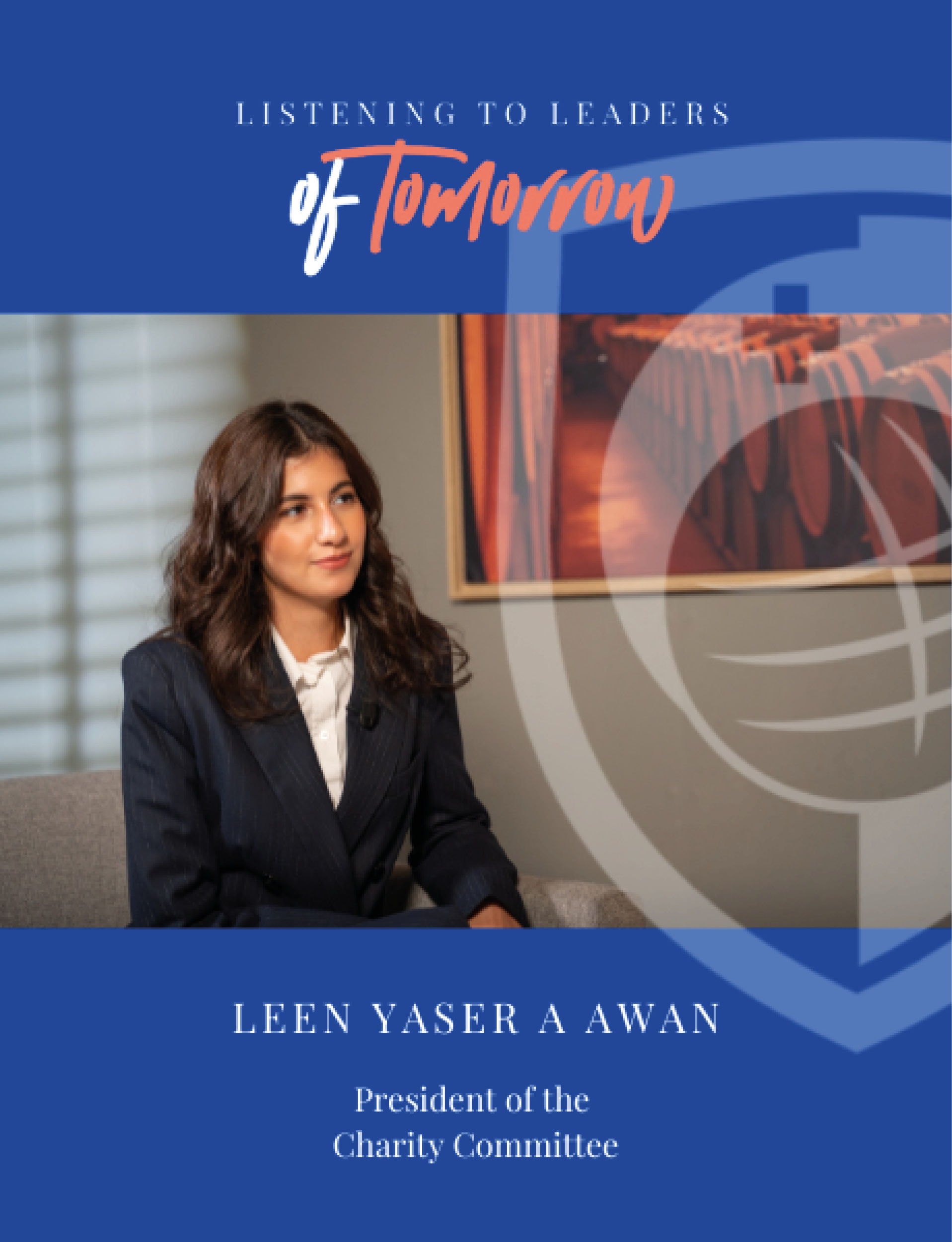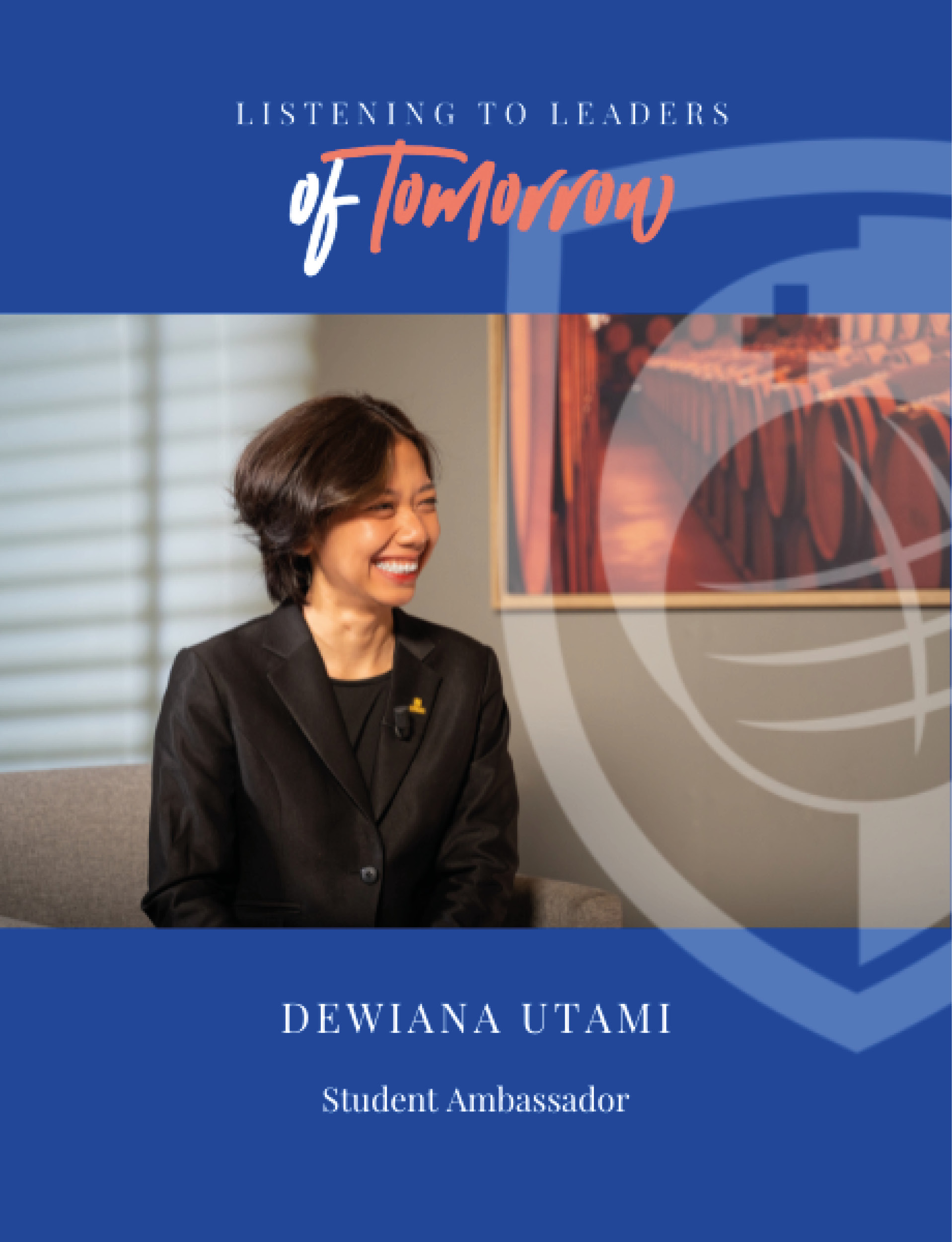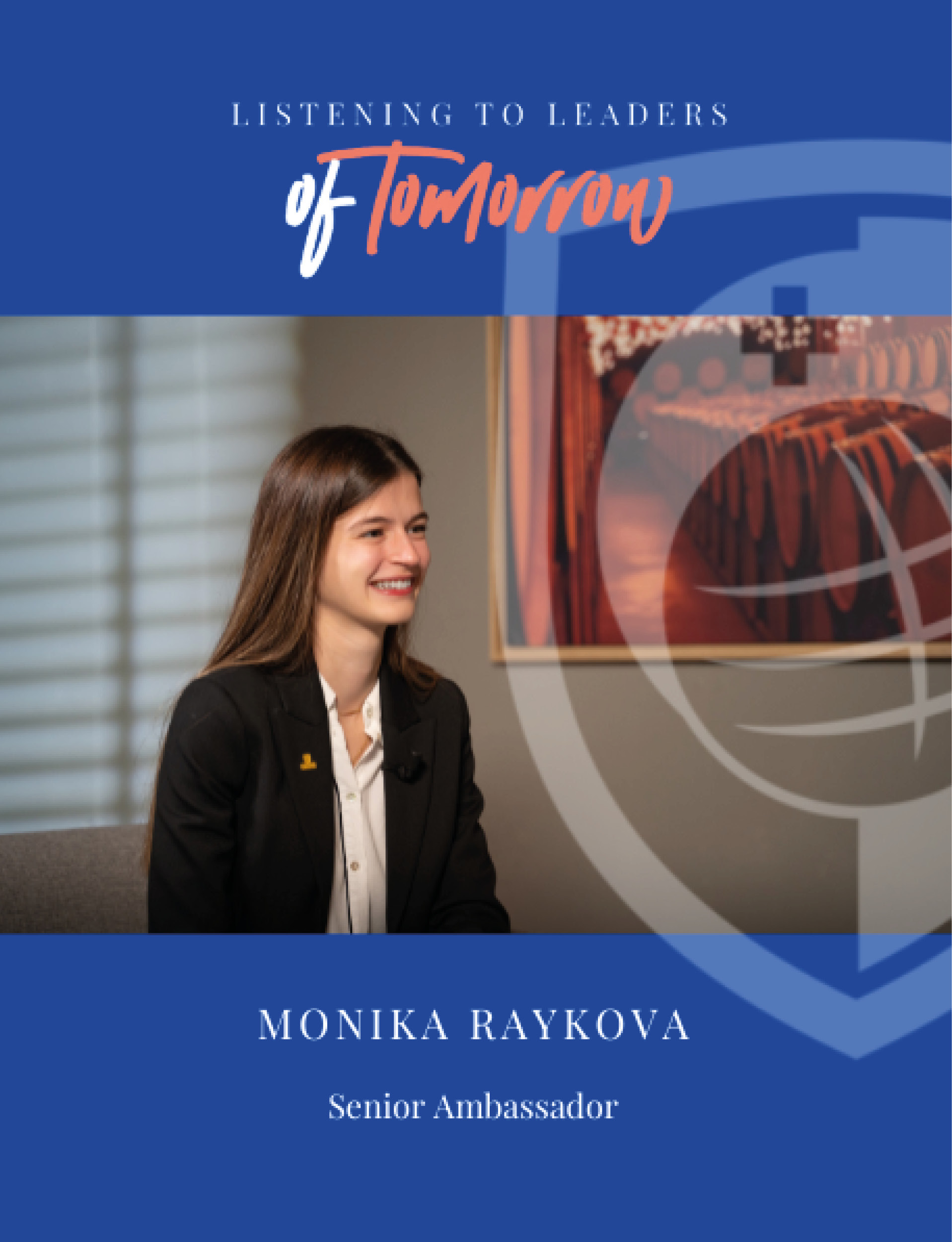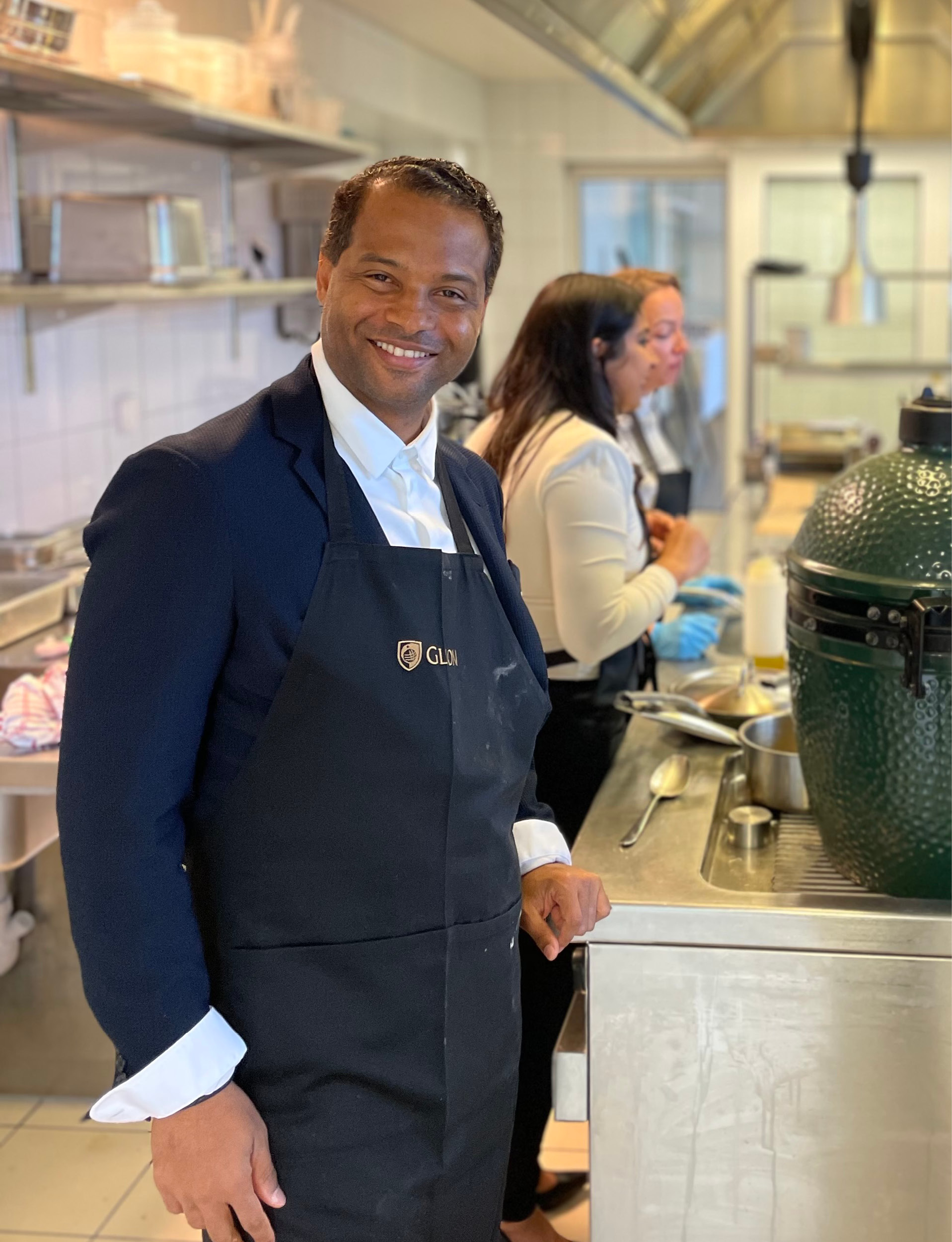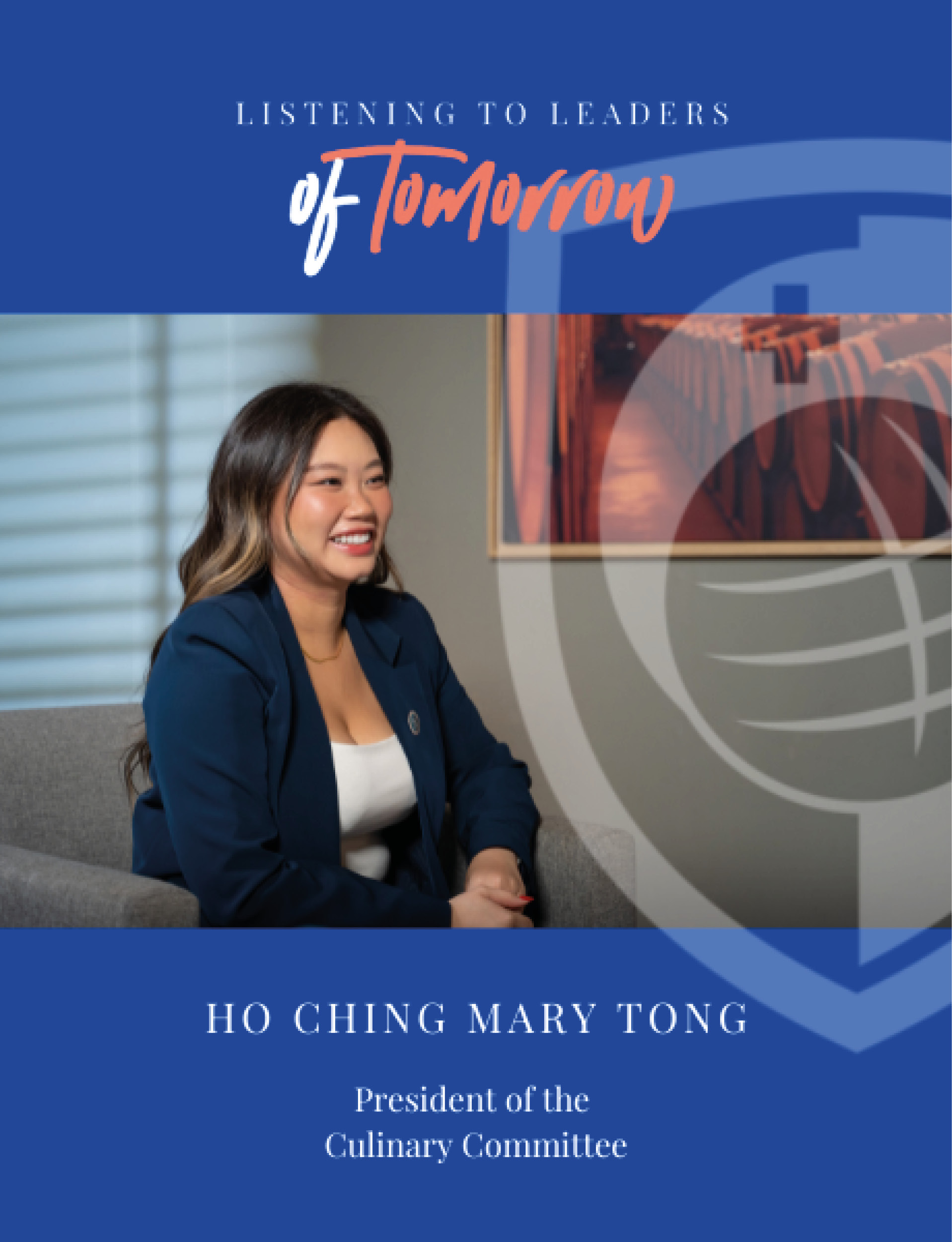
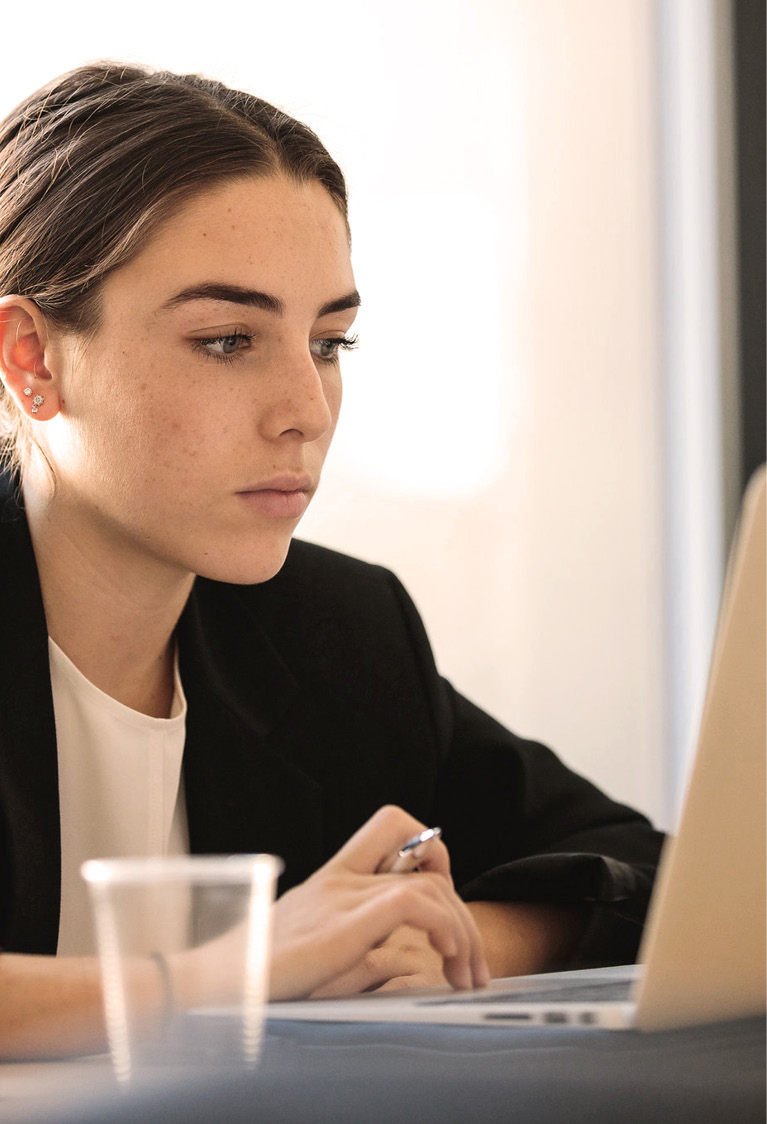

Dr Martin Senior, a Senior Lecturer on our Master’s in International Hospitality Business, sat down with us to share his valuable understanding of transformative education. He gives us a detailed insight into how it filters into his methods of educating students, preparing them to fully embrace their capabilities and become talented professionals in the future…
Q: What subject do you teach in the Master’s in International Hospitality Business?
My subject is called International Hospitality and Services Marketing. I teach students about important topics that are currently shaping the marketing field within the hospitality and services industry.
Q: How is your course structured?
My course is split into four blocks. The first is all about services, characteristics, experiences and other fundamental areas. The second centers on innovation and looking into the current and future customer needs. The third block is about marketing communications, the methods that are effective and the ones which are not. We also look into some of the classic examples from the past such as the classic Apple advertisement from 1984. The fourth and final block is about the societal issues with technology and culture that are influencing today’s marketing landscape.
I encourage students to discuss different things during different weeks. We pick an article of the week, writer of the week, a brand of the week, and an industry person of the week. For example, we can use Horst Schulze, who is the founder of RitzCarlton, and we would discuss Schulze’s case study and everything he’s accomplished particularly in relation to his marketing successes.
Q: Do you find that literature is still effective with students?
I do, but I have to provide plenty of encouragement. The exam is based on the academic articles, hence why they need to read one academic article per week. In essence, they would have had 15 practice opportunities before taking the real exam in week 16.
If not for this structure, they wouldn’t do it. Marketing moves so fast that it is difficult for them to learn from purely academic sources, so I understand why they prefer online learning. Imagine producing a book on the latest trends in social media, you would have to make one per day!
Q: How does the idea of transformative education impact your students in the class?
My students leave with a greater awareness of what marketing and services marketing are both about. But their development of transferable skills is equally, if not more, important. The transferable skills in my course are communication and information literacy.
Communication is integral for developing students’ skills in writing and speaking. But the key one is information literacy. I don’t want my students to believe what they read; I want them to do their own research. This is something that I repeat in class again and again.
By the end of the course, they understand what I really mean and there is usually a bit of transformation there. They start with “well it said, so it is true”, but by the end of the course they say “well, how do we know it’s true?”. It takes some time to reach this point, but they are developing a skill for life. If I’m honest, whatever marketing content they have learned now will likely be redundant at some point, as it isn’t really lifelong knowledge. Most of the gains my students make are in the skills they acquire as opposed to the subject matter itself.
Q: Are classroom sizes and grouping important factors for your course?
Both play key roles in creating the right environment for transformative learning. Some of our classrooms are specially designed with moveable chairs and tables, so it is easy to change the set-up of the classroom as we want.
This is why I generally like taking classes in these rooms, where I can easily split students into groups and have them learn and interact with each other. This gives students a different learning experience. They do a lot of group work that shares knowledge and experiences, rather than the traditional way of teaching from the front of the class.
Q: Have you implemented other methods during class?
I used a flipped-classroom method a few semesters ago which was very popular, holding the discussions in class, and allowing students to do the research in their free time. I generally don’t use PowerPoint in my classes, so I use a separate folder on the online teaching platform which students can access when they need it. I also use different content in class that helps to maintain a freshness to our discussions and debates.
Q: Do you find that some students are more comfortable with class discussions?
In my opinion, personality plays a much bigger role than culture or nationality in this area. Some students naturally like to discuss different topics more than others. But although extroverted individuals like talking more, this doesn’t mean that they always get better results. I find that introverted students research and analyze more, so they get excellent results in their final tests, even though they were not the most lively in the classroom.
My main aim is to get the best out of students through blending different personalities and backgrounds in class because that benefits everyone. This is why I like to mix students up in smaller class groups, so once the students find themselves part of a group task, they cannot do anything but interact with each other. This really helps in building personal understanding and also confidence that comes with being in new class dynamics with different people.






